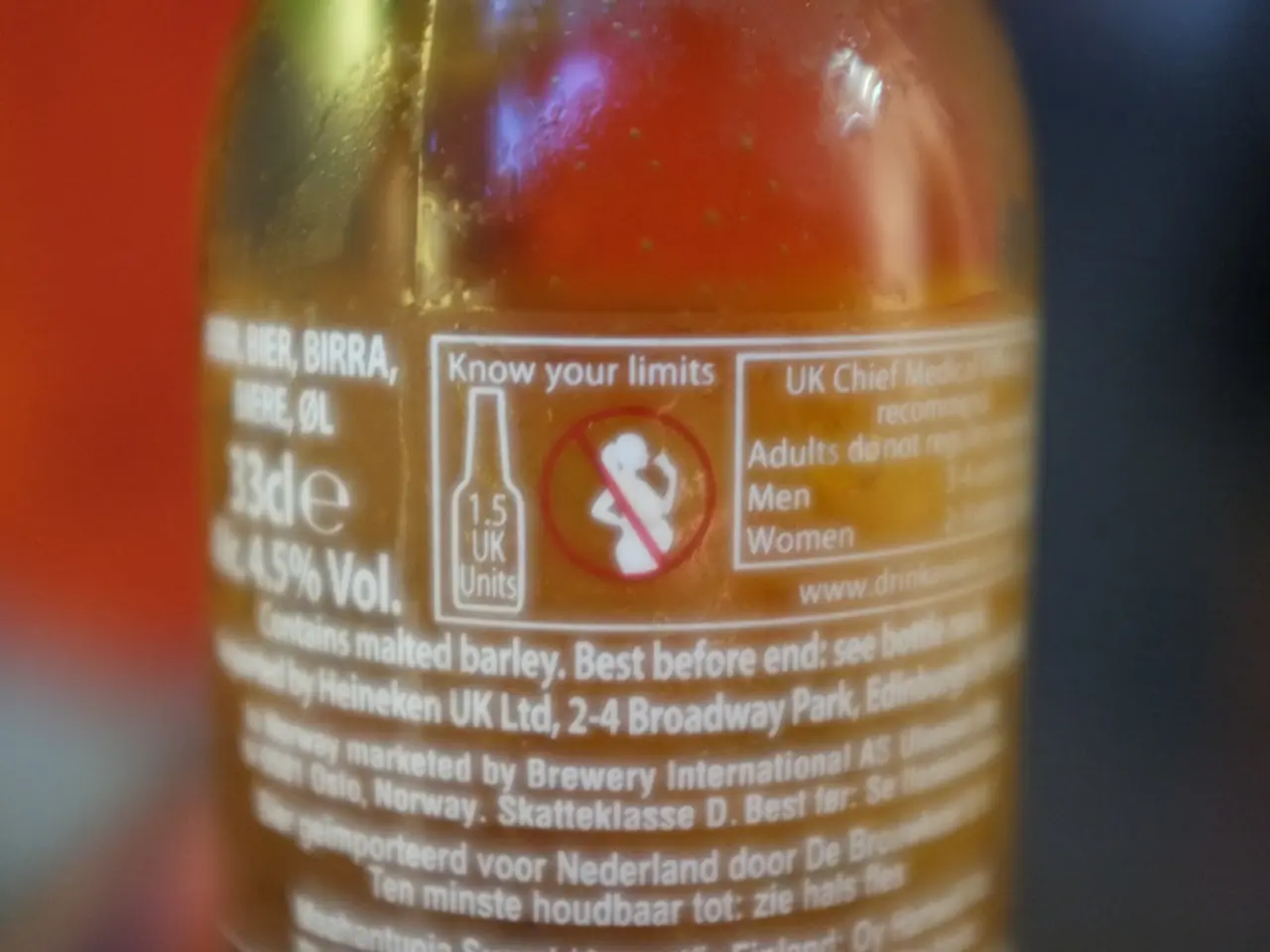Cycling Champions Attest to the Mundane "Secret Elixir"
In the world of competitive cycling, the Tour-de-France has long been a stage for innovation and performance enhancement. One such innovation that has caught the attention of spectators is the growing popularity of cherry juice among the professionals.
Contrary to some speculations, cherry juice is not officially recognised as a performance-enhancing substance in the Tour-de-France. However, its role as a recovery drink has been gaining traction, particularly among the elite cyclists participating in the prestigious race.
Manufacturers enrich cherry juice with cherry extract and additional carbohydrates to create a recovery drink tailored for the demands of competitive cycling. The popularity of this drink among Tour-de-France professionals has made it the "hottest thing" among the cyclists in France.
The appeal of cherry juice lies in its unique nutritional profile. It contains polyphenols, powerful antioxidants and anti-inflammatory nutrients, which have been shown to improve recovery and counteract micro-tears and inflammation in muscles. This can lead to less muscle soreness following intense endurance efforts such as stages of the Tour de France.
Cherry juice also contains melatonin, a compound that aids in falling asleep. This makes it an attractive choice for cyclists who are looking to accelerate their recovery during rest periods, particularly before sleep.
Scientific studies and practical observations among Tour de France cyclists support the benefits of cherry juice for recovery after intense training. Key benefits include reduced muscle soreness and inflammation, improved recovery quality, support in extreme conditions, and endorsement by pro cyclists and brands.
For instance, Tadej Pogacar, a Tour-de-France star, consumes cherry juice after crossing the finish line during the 112th Tour de France. Jon Greenwell, team doctor of the US team EF Education-EasyPost, emphasises the importance of drinking cherry juice as soon as cyclists cross the finish line as the muscles are most receptive at this time.
However, not all Tour-de-France competitors are convinced of the specific benefits of cherry juice. Pascal Ackermann, a member of the Israel-Premier Tech team, admits he enjoys the taste of cherry juice after a race but is unsure about its specific benefits.
Despite the mixed opinions, it is clear that cherry juice has become an integral part of the recovery routine for many Tour-de-France professionals. However, it is important to note that ordinary supermarket cherry juice may not contain sufficient polyphenols for recovery, and professionals often opt for specially formulated recovery drinks.
In conclusion, scientific evidence and practical application in professional cycling demonstrate that tart cherry juice can enhance recovery by reducing inflammation, alleviating muscle soreness, and supporting muscle repair, making it a valuable nutritional tool for athletes engaged in intense training or competition like the Tour de France.
Other sports, such as triathlon and marathon running, have also started to embrace the use of cherry juice for recovery, demonstrating its value in fitness-and-exercise and health-and-wellness. Despite the controversy surrounding some performance-enhancing substances in sports, cherry juice remains a legal and natural option, marking it as an alternative choice in the world of sports.




